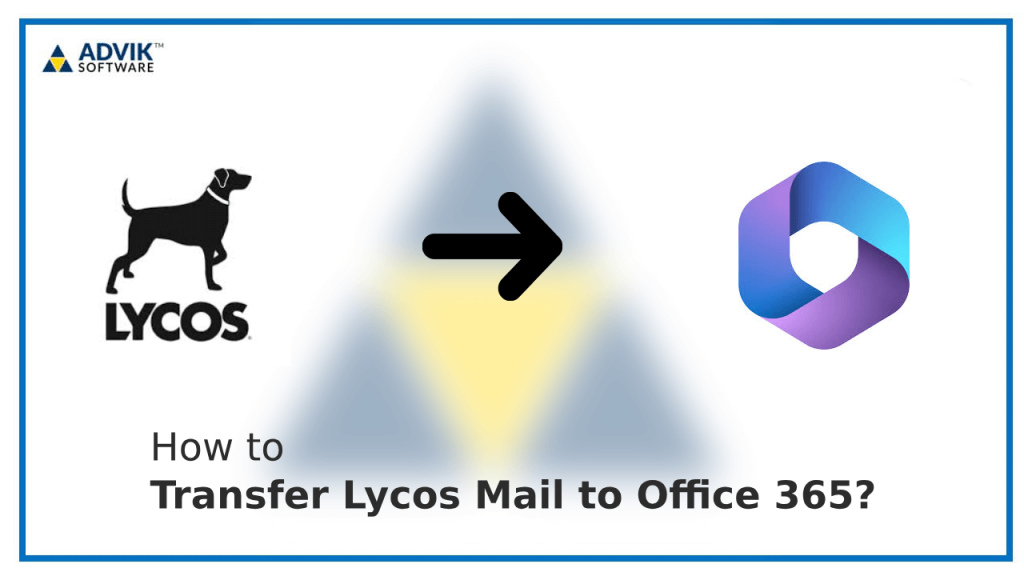In the realm of early internet history, few names resonate as strongly as Lycos. Established in the mid-1990s, Lycos quickly became one of the most popular search engines and web portals of its time. However, like many of its contemporaries, it faced challenges in adapting to the rapidly changing landscape of the internet. This article delves into the history of Lycos, exploring its rise, evolution, and eventual decline.
The Origins of Lycos
Lycos was founded in 1994 by Bob Davis and a team of researchers at Carnegie Mellon University. The name “Lycos” is derived from a Greek word meaning “wolf,” reflecting the site’s purpose of hunting down information on the web. The original intention was to create a search engine that could index web pages and facilitate information retrieval more effectively than existing technologies.
The Technology Behind Lycos
Lycos utilized a web crawler, a program designed to systematically browse the internet and index content. This crawler would gather data from web pages and store it in a searchable database. By employing advanced algorithms for ranking and retrieving information, Lycos was able to provide relevant search results to users.
The Growth of Lycos
Early Success
Lycos quickly gained traction, becoming one of the first search engines to receive significant media attention. By 1996, it had indexed millions of web pages, and its popularity soared. The site introduced several features that set it apart from competitors, such as a directory structure and user-friendly interface. These innovations attracted millions of users, and Lycos became synonymous with internet search.
The IPO and Expansion
In 1998, Lycos went public, raising approximately $60 million in its initial public offering (IPO). The funds enabled the company to expand its services and invest in marketing efforts. Lycos began to diversify its offerings, launching email services, chat rooms, and online communities. This expansion positioned Lycos as a comprehensive internet portal, catering to various user needs beyond simple search functionality.
The Shift in the Search Engine Landscape
The Rise of Google
While Lycos enjoyed early success, the search engine landscape was evolving rapidly. In 1998, Google was founded by Larry Page and Sergey Brin, introducing a new algorithm (PageRank) that revolutionized search technology. Google’s minimalist design, speed, and relevance of search results quickly captured the attention of internet users. As Google’s user base grew, Lycos faced increasing competition.
Strategic Changes
In response to the changing market dynamics, Lycos made several strategic shifts. It attempted to rebrand itself as a media company rather than just a search engine. In 2000, Lycos introduced a new look and feel, focusing on providing a personalized experience for users. Despite these efforts, the site struggled to regain its former glory.
The Acquisition Era
Mergers and Acquisitions
Lycos went through a series of ownership changes in the early 2000s. In 2000, the company was acquired by Terra Networks, a Spanish internet service provider, for approximately $12.5 billion. This acquisition aimed to leverage Lycos’s brand and user base to expand Terra’s presence in the U.S. market.
However, Terra faced its challenges, and by 2004, it sold Lycos to the Korean company Daum Communications for about $95 million. Under Daum, Lycos focused on the Asian market, attempting to tap into new user demographics.
Attempts at Revival
Despite the change in ownership, Lycos struggled to adapt to the rapidly changing internet landscape. Efforts to revive the brand included launching new features such as a blog platform and a web hosting service. However, these initiatives failed to attract significant user engagement, and Lycos remained overshadowed by competitors like Google and Yahoo.
The Decline of Lycos
Loss of Market Share
As Google continued to dominate the search engine market, Lycos’s user base dwindled. By the mid-2000s, it was clear that Lycos could no longer compete with the tech giants. The introduction of social media platforms and specialized search engines further diminished Lycos’s relevance. Users gravitated toward more innovative solutions, leaving Lycos struggling to maintain its foothold.
The End of an Era
In 2010, the original Lycos search engine was officially shut down. The brand had transformed over the years, but its core identity as a search engine had become obsolete. While the website still exists, it now serves primarily as a directory and web hosting service, a far cry from its glory days.
The Legacy of Lycos
Despite its decline, Lycos holds a significant place in internet history. It was one of the pioneers of search technology and laid the groundwork for future developments in information retrieval. The site’s early successes inspired many subsequent search engines and contributed to the evolution of web navigation.
Contributions to Internet Culture
Lycos was not just a search engine; it became a cultural phenomenon. The site introduced several features that are now commonplace in web services, such as user-generated content and personalized search results. Lycos also hosted a variety of online communities, fostering social interaction among users during the early days of the internet.
Lessons Learned from Lycos’s Journey
Innovation is Key
One of the critical lessons from Lycos’s rise and fall is the importance of continuous innovation. As technology evolves, companies must adapt to meet changing user needs. Lycos failure to keep pace with advancements in search technology ultimately led to its decline.
Understanding User Preferences
Understanding user preferences and behavior is crucial for any online service. Lycos initially captured user interest through its unique features, but as user expectations shifted, it struggled to provide a compelling experience. Companies must remain attuned to their audience to stay relevant in a competitive landscape.
Conclusion
Lycos’s journey is a compelling narrative of ambition, innovation, and ultimately, adaptation. From its early days as a leading search engine to its decline in the face of changing technologies, Lycos reflects the dynamic nature of the internet. While it may no longer hold the same prominence, its legacy serves as a reminder of the challenges and opportunities that come with technological evolution.




